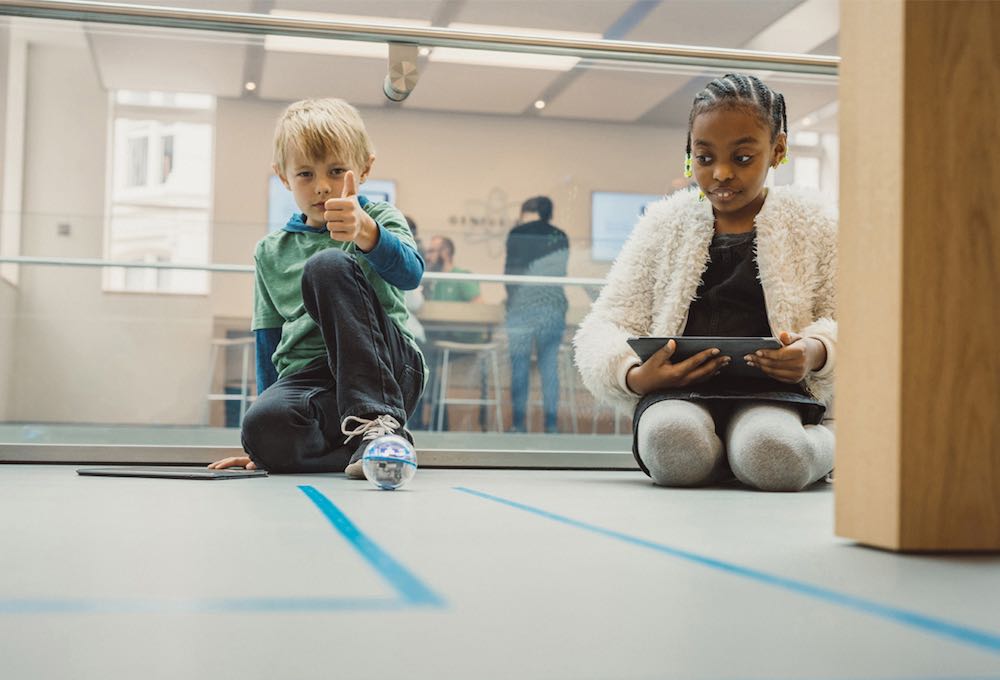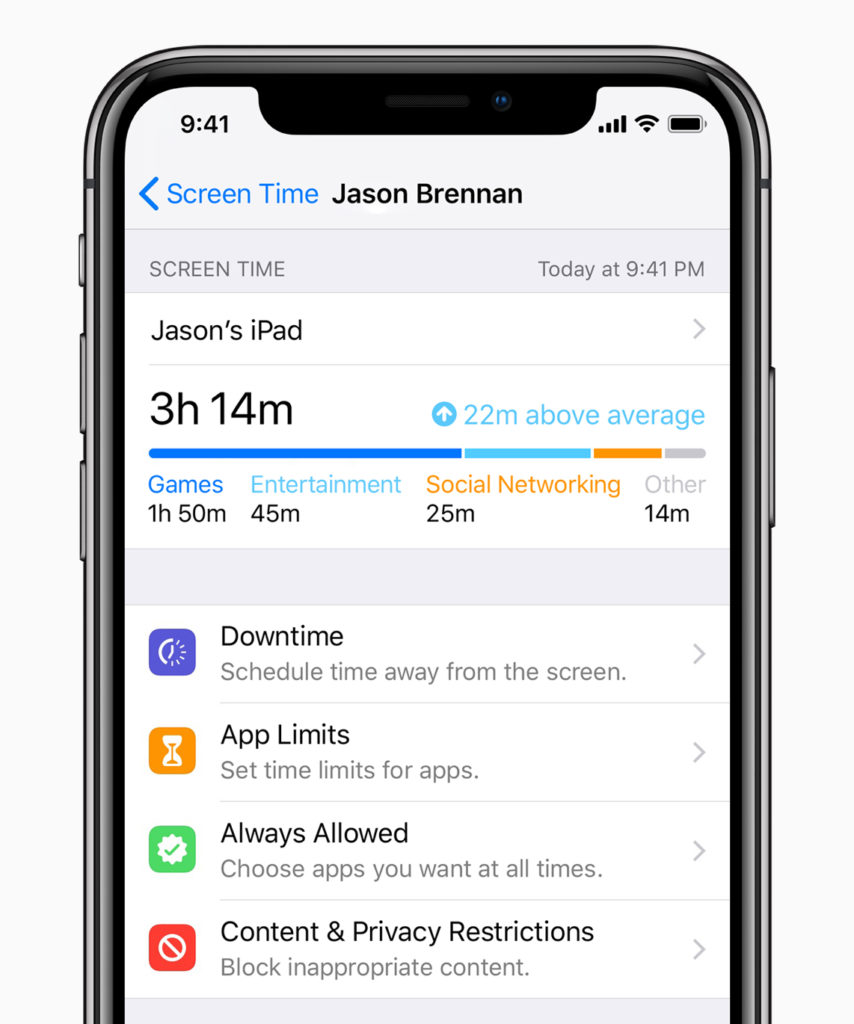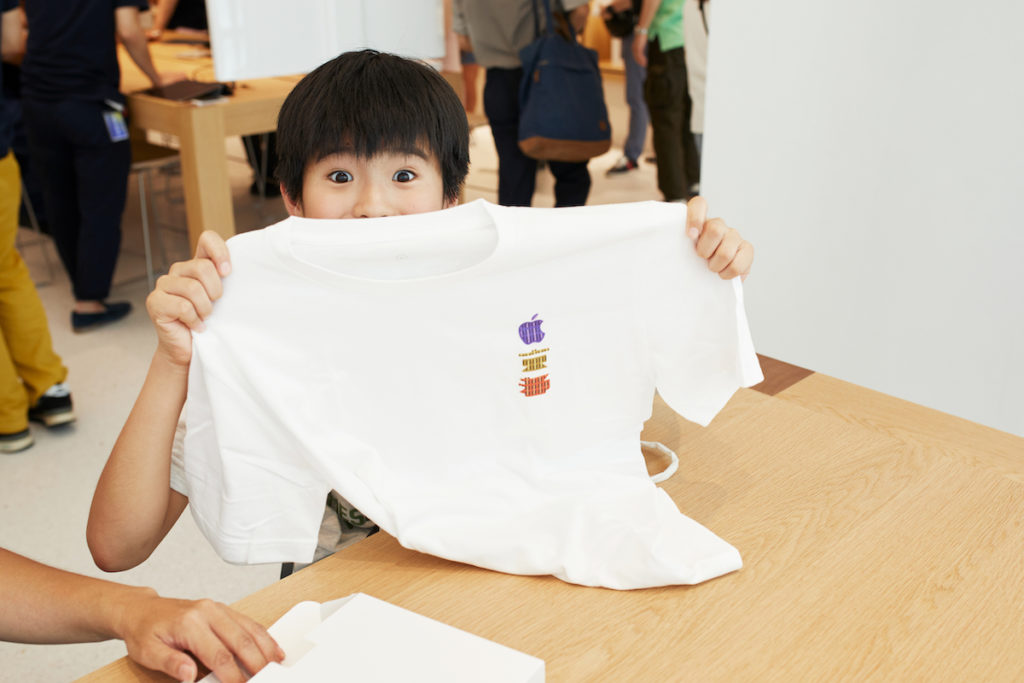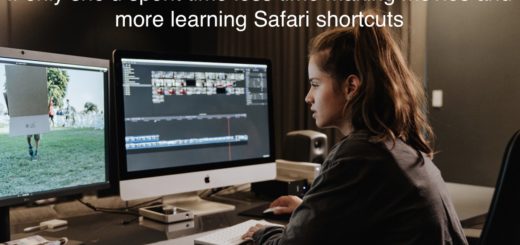4 ways smart kids are already breaking iPhone App Limits
Apple’s Screen Time app is a powerful and useful way to monitor how you use your iOS devices. The introduction of Screentime App Limits gives parents a powerful and useful way to control how their kids make use of those devices.
The only problem is that kids themselves are powerful and smart and really, really good at figuring out technology and then sussing out how to bend it to their will.
Digital natives know everything
It was a young teenager who first taught me how to make my iPhone flashlight illuminate when I receive a call.
Years before the iPhone, an exhibition of gaming technologies at the Barbican in the UK included a display full of the then most-sophisticated mobile phones, equipped with games.
These devices were locked so they could not make calls or send messages. The exhibition invited local schoolchildren to visit on the day before it opened to the public. Within one hour, some of those children had figured out how to unlock some of those phones, make calls and send messages.
Kids are smart. They grew up with these technologies. They know how they work. And that’s how come they have already figured out how to break through App Limits on the iPhone.
How smart kids break iPhone App Limits
I’m thrilled that children are so smart and so inventive. It delights me that in an insanely censorious age in which our children are forced to sit through unending exams, are streamed for success of failure before the age of five, and are forced to experience sometimes outdated educational policies taught by over-worked, underpaid teaching staff that the innate creativity and genius kids carry so often shines through.
Here is how our current crop of digitally-savvy kids are already breaking iPhone App Limits, according to a widely reported Reddit thread:
#1: Delete the app
When you come to the end of your allotted time using an app the app simply stops working. You get to use it again next day, but only up to the time permitted by your parent. How does a kid get round that? One way is to delete the app, then download and reinstall it again. Kids realised that the system only tracks the app it knows is installed, so once you re-download it the App Limit no longer works. Smart kids know their tech. Smart parents will disable Install Apps in Restrictions.
#2: Stagger sessions
If you get an hour a day playing your favourite game, why not start playing at 11pm and finish at 1am, using two-days allowance consecutively. Yes, we know this means the child will be tired the next day at school, but what would you choose if you didn’t like school anyway? Perhaps schools need a better design.
[amazon_link asins=’B000BKJDMK’ template=’ProductCarousel’ store=’9to5ma-20′ marketplace=’US’ link_id=’a466bbe5-c248-11e8-b2a6-7599f2418727′]
#3: Time travel
What time does it say on your kid’s device? You’d better check, because one way your smart digitally-savvy children undermine time limits is to roll back time itself, get inside Settings>Date & Time and manually set the time to one before downtime kicks in.
#4: Watch the watchmen
The easiest way to stop parents setting restrictions? Get to the device first and create your own random Restrictions password so your parents become unable to restrict it. Job done!
Get a grip
Of course parents should be responsible. Of course it is important children should be guided in order that they develop self-discipline. And of course Apple will figure out new protections against these workarounds in future — that’s the way these things work.
All the same, I remain incredibly optimistic at the intelligence and ingenuity children show. It gives me great hope for tomorrow when I stop for a moment and realise that the next generation are smart enough to do things better.
It saddens me that the older generation has left our kids so many problems to solve, from climate change to wealth inequality to homelessness and so many more, but I believe in their ability to meet those challenges we’ve failed to address.
Perhaps belief in and respect for the innate ability of our children is more powerful than censorship?







